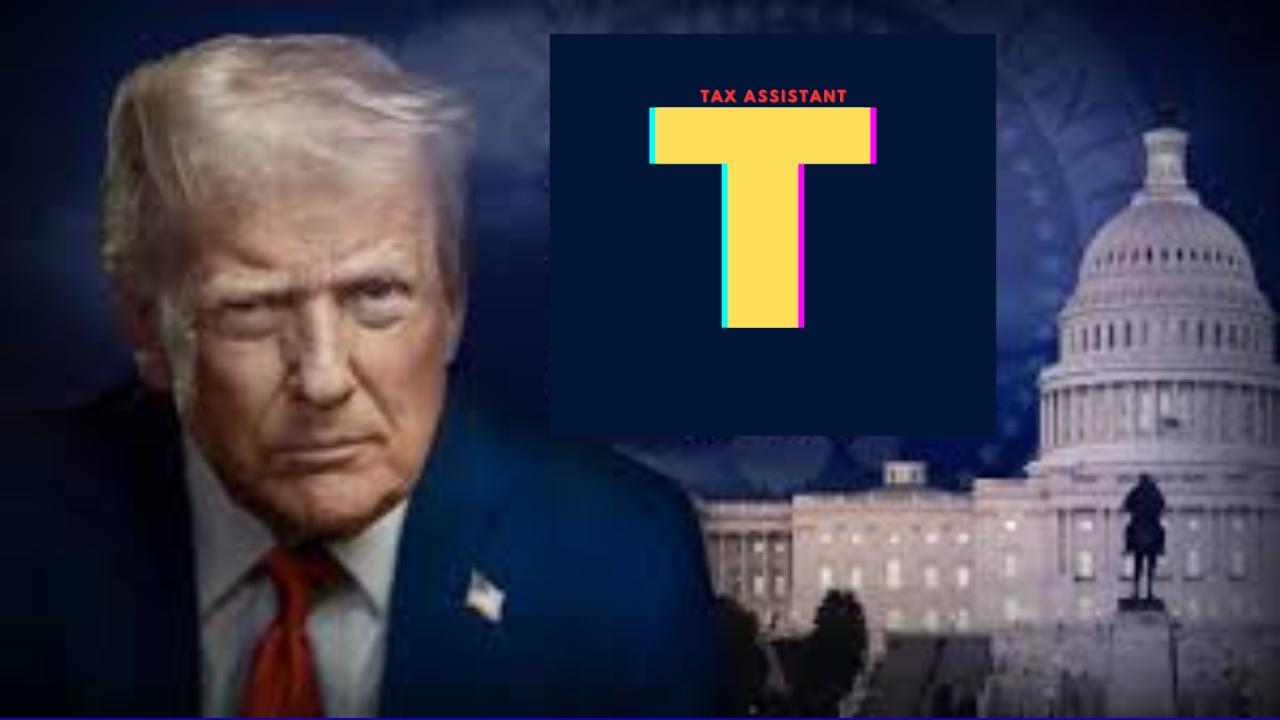Income Tax Department Nudges Crypto Investors: Declare Your Virtual Digital Assets (VDAs) Now
Thank you for reading this post, don't forget to subscribe!The Indian Income Tax Department (ITD) is intensifying its focus on cryptocurrency gains, urging thousands of investors who haven’t declared their Virtual Digital Assets (VDAs) to rectify their income tax filings. This proactive measure is part of the ITD’s “NUDGE” campaign, emphasizing a “trust taxpayers first” philosophy to ensure compliance in the rapidly evolving digital asset sector.
Understanding VDA Taxation in India:
- Flat 30% Tax: Any gains from the transfer of VDAs, including cryptocurrencies and Non-Fungible Tokens (NFTs), are subject to a flat 30% tax rate, regardless of whether they are categorized as business income or capital gains. Applicable surcharge and cess also apply.
- No Loss Offsets: A critical point for investors is that losses incurred from VDA transactions cannot be set off against any other income (such as salary or traditional capital gains) nor can they be carried forward to future assessment years.
- 1% TDS: To bolster tracking and compliance, a 1% Tax Deducted at Source (TDS) is levied on VDA transactions exceeding specific thresholds. This ensures a portion of the tax obligation is met upfront.
- Taxable Gifts: If you receive VDAs as a gift, and their value surpasses ₹50,000 in a financial year, they become taxable in your hands.
- Mandatory Reporting: All VDA income must be accurately reported in Schedule VDA of your Income Tax Return (ITR).
The ITD’s Proactive Approach:
The ITD’s current focus is on assessment years 2023-24 and 2024-25. Through advanced data analytics, the department is meticulously comparing declared incomes with TDS returns filed by cryptocurrency exchanges. This sophisticated cross-referencing allows them to identify discrepancies and pinpoint non-compliant individuals.
The “NUDGE” campaign, now in its third phase (following previous initiatives on foreign asset declarations and bogus deduction claims), aims to gently remind taxpayers of their obligations. However, official sources indicate a “significant” number of individuals have yet to comply, highlighting the widespread nature of undeclared crypto income.
Jignesh Shah, a partner at Bhuta Shah & Co LLP, underscores the stringent nature of these tax provisions, emphasizing the uniform 30% tax rate on VDA income, irrespective of its nature.
What Non-Compliant Investors Face:
Ignoring these nudges or failing to declare VDA income can lead to serious consequences, including:
- Verification and Scrutiny: Your tax filings may be selected for detailed verification or scrutiny by the ITD.
- Notices and Reassessment: This can result in official notices (e.g., under Section 143(2) or Section 148) and the reassessment of your income, potentially extending up to ten years for significant tax evasion.
- Penalties and Interest: Penalties for under-reporting or misreporting VDA income can range from 50% to 200% of the tax due, along with interest on the unpaid amount. Late filing also incurs interest and late fees.
- Prosecution: In severe cases of deliberate tax evasion, individuals could face prosecution, leading to imprisonment in addition to hefty fines.
- Account Freezes: Indian cryptocurrency exchanges may freeze or restrict accounts of users found to be non-compliant with tax regulations.
Your Path to Compliance:
To avoid penalties and ensure adherence to Indian tax laws, crypto investors are strongly advised to:
- File an Updated Return (ITR-U): If you’ve missed reporting VDA income in previous filings, you can submit an Updated Return (ITR-U) under Section 139(8A) within 24 months from the end of the relevant assessment year. Be aware that this entails paying additional tax (25% or 50% of the additional tax and interest, depending on the filing period).
- Maintain Detailed Records: Keep meticulous records of all your cryptocurrency transactions, including purchase dates, acquisition costs, sale dates, and selling prices.
- Utilize Schedule VDA: Ensure you are correctly declaring your VDA income in the dedicated Schedule VDA section of your Income Tax Return.
- Seek Professional Advice: Given the complexities of VDA taxation, consulting a qualified tax professional is highly recommended to ensure accurate compliance.
The ITD’s ongoing efforts aim to build trust and foster a culture of compliance in the evolving digital asset landscape. Investors are encouraged to fulfill their tax responsibilities promptly to avoid future complications.
















